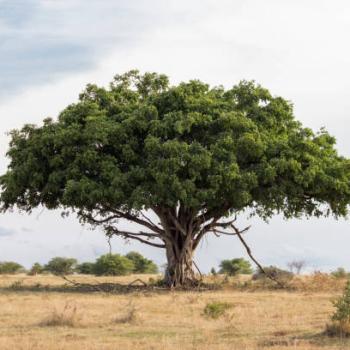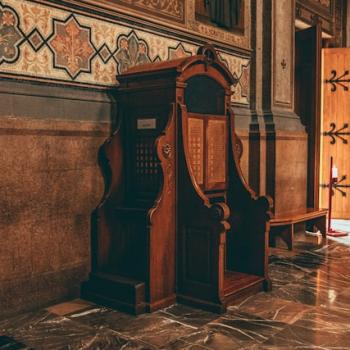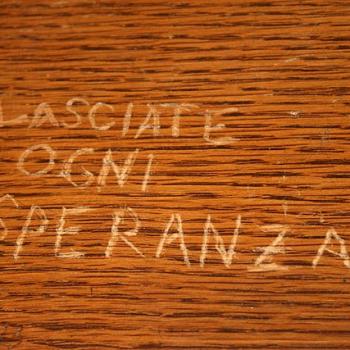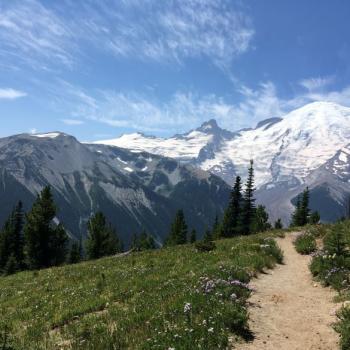Newell, who is described in one site as having degrees from two universities (wow! Fancy that!), was convinced about the solidity of his research: ""My research is authentic because it is documentary," Newell said. "You can't get anything more accurate than that because it is first hand. It is not hearsay."
What's not authentic is the claim that William Newell was head of the anthropology department at the University of Connecticut, whose faculty cannot recall him at all. When the department was founded in 1971, Newell was 79 years old. See the letter by department chair Jocelyn Linnekin here.
And what is completely untrue is the idea that the Pilgrims of Plymouth Colony participated in the 1637 Pequot massacre. Although asked to send military assistance, the Plymouth court did not respond until two weeks after the slaughter had been carried out. (See my book, Pilgrim Edward Winslow: New England's First International Diplomat(Boston: NEHGS, 2004), pp. 164-168.)
Is this important? Or is the lie "true to its purposes"?
The purposes can best be understood as fitting in with the description of the Pilgrims that animates the so-called National Day of Mourning sponsored by the United American Indians of New England. "The pilgrims ... introduced sexism, racism, anti-lesbian and gay bigotry, jails, and the class system to these shores. One of the very first things they did when they arrived on Cape Cod ... was to rob Wampanoag graves."
Or as one of the founders of the National Day of Mourning, AIM's Russell Means, claims, "After a colonial militia had returned from murdering the men, women, and children of an Indian village, the governor proclaimed a holiday and feast to give thanks for the massacre. He also encouraged other colonies to do likewise -- in other words, every autumn after the crops are in, go kill Indians and celebrate your murders with a feast."
Did the Pilgrims rob Indian graves? Not really. As Winslow said, "because we deemed them graves, we put in the bow again and made it up as it was, and left the rest untouched, because we thought it would be odious unto them to ransack their sepulchres." There's more to the story.
One could go on. Someone should go on. To respond to all the assorted Internet nonsense about Thanksgiving it is necessary to go on and on. I have, here.
This article was first published by History News Network and is reprinted under C. C. License.
Jeremy Bangs obtained his doctorate at the Rijksuniversiteit, Leiden, in 1976. He is a former Chief Curator of the Plimoth Plantation, Plymouth, MA, and the author of Strangers and Pilgrims, Travellers and Sojourners: Leiden and the Foundations of Plymouth Plantation.




